Facial Rejuvenation
Non-surgical cosmetic procedures, such as Botox and fillers, can be used to alter your appearance without the need for surgery. They are a popular alternative to surgical procedures.
Different non-surgical procedures are carried out in hospitals, clinics and beauty salons by doctors, dentists, nurses and beauty therapists.
You should make sure that the person offering the treatment is adequately trained and experienced to enable them to deliver the treatment competently and safely. You should also make sure you know what the procedure involves, what the possible complications and side effects are, and who you should contact if you have any issues afterwards.
The treatments carried out at Newcastle Dental Care include:
Botulinum toxin injections
(Botox/Bocoture)
Botulinum toxin injections, such as Botox, are used to help relax facial muscles and make lines and wrinkles less obvious.
Botulinum toxin is a prescription-only medicine which can only be prescribed by a doctor, dentist or nurse independent prescriber. The treatment shouldn’t be carried out by beauty therapists who lack the necessary medical training.
During the procedure, your skin is cleaned and small amounts of botulinum toxin are injected into the area to be treated. Several injections are usually needed at different sites.
The injections usually take effect about three to five days after treatment and it can take up to two weeks for the full effect to be realised. The effects generally last for about three to four months.
What are the risks?
Although botulinum toxin injections are generally safe, the risks of treatment include:
you may experience flu-like symptoms for the first 24 hours after treatment and there may be bruising at the injection site
your facial features in the treatment area may be weak and droopy after the injections, although this usually improves as the effects of the treatment wear off (for example, your eylids may droop temporarily if the injections are used to treat the vertical “frown lines” between your eyebrows)
your body may develop a resistance to the treatment if it’s repeated too frequently
in rare cases, serious problems can develop in the hours, days or weeks following treatment – including blurred or double vision (if the area around the eyes is injected) and breathing difficulties (if the neck area is injected)
You should seek immediate medical attention if your breathing or vision is affected after having botulinum toxin injections.
Dermal fillers
Dermal fillers are injections used to fill out wrinkles and creases in the skin. They can also be used to increase the volume and definition of the lips.
Most manufacturers of dermal fillers recommend that treatments should only be carried out by medical professionals, although this is not currently a legal requirement.
Dermal fillers are made from a variety of materials and the effects can be either temporary or permanent, depending on the type of filler.
During the procedure, the practitioner injects the filler in a series of small injections and gently massages the area. Some treatments require a local anaesthetic cream or injection. The treatment time can vary from 30 minutes to an hour.
The area may be a little swollen and tender for 24 hours and during that time you may be advised to avoid things including coffee, alcohol, hot drinks and the sun.
What are the risks?
The risks of dermal fillers depend on who performs them and the type of filler used. Permanent fillers have the highest risk of problems. General risks of dermal fillers include:
problems such as rashes, swelling, itching and bruising
the filler can move away from the intended treatment area over time
you may have an immediate allergic reaction to the filler, which can lead to anaphylaxis
in rare cases, the filler may form lumps under the skin (which may need to be treated with surgery or medication), or the filler could lead to tissue death (necrosis)
Anaphylaxis is a medical emergency, so call 999 immediately if you are having a serious allergic reaction to the filler. You also should seek immediate medical help if you lose sensation in your skin, the treated area is extremely painful or if it becomes discoloured. Changes to skin sensation or colour are potential signs of necrosis, which requires immediate treatment.

